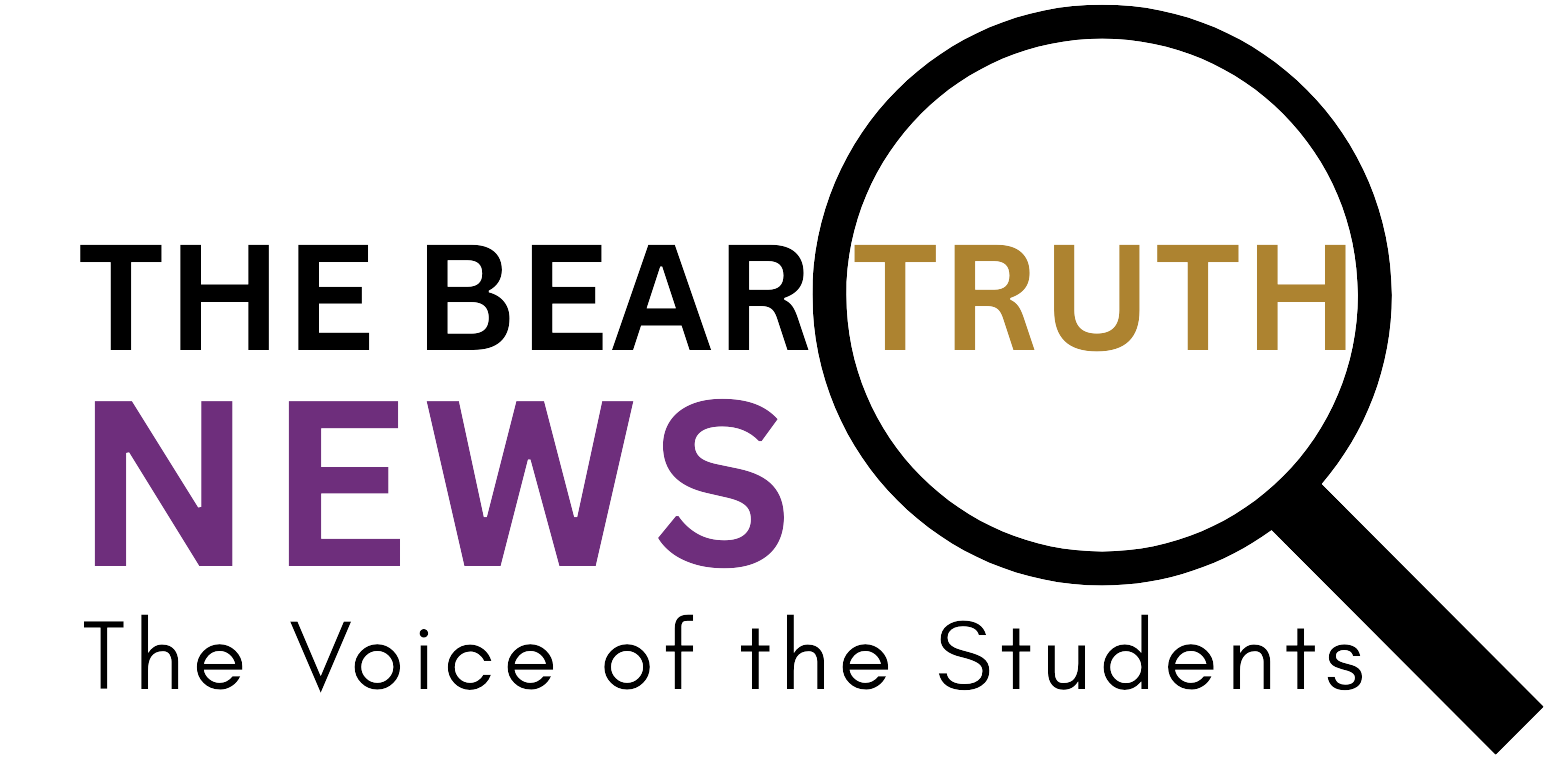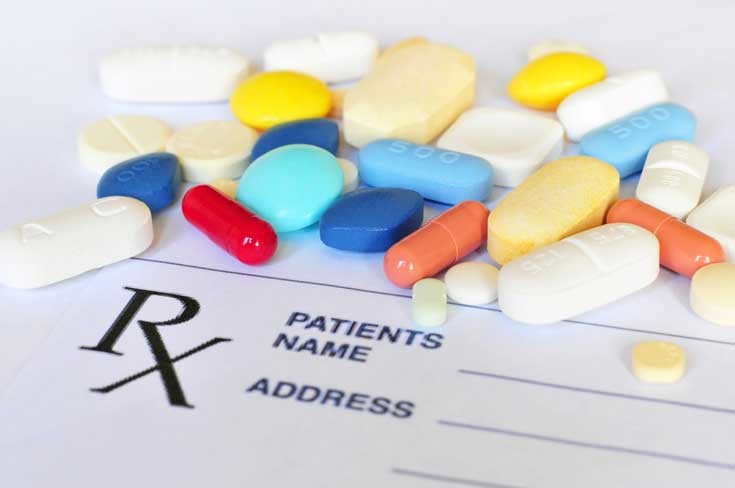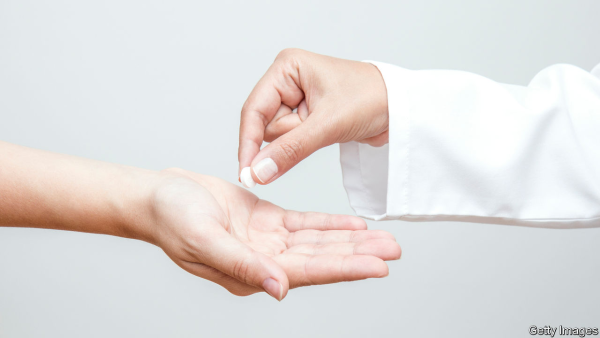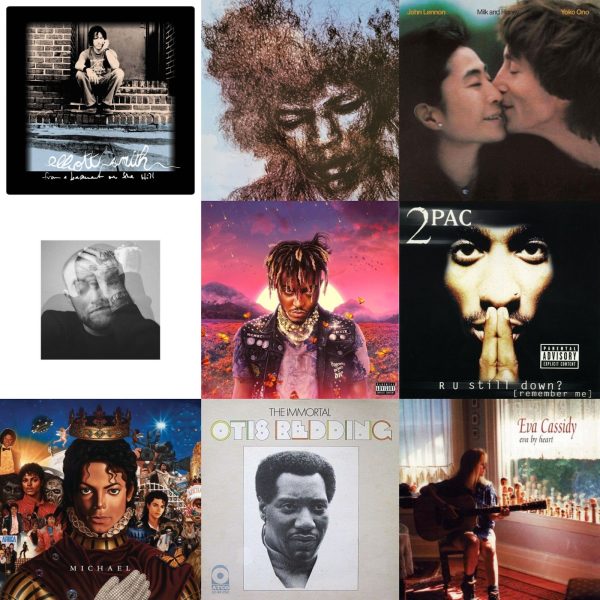The Real American Gangsters: Drug Companies
Several state and local government leaders are suing big drug companies for working together to drive up the costs of lifesaving medicine. Whistleblowers allege that strategies to drive the increase included lying to the Food and Drug Administration and offering bribes to doctors.
New reports have come to light based on reports of whistleblowers at Mallinckrodt (formerly Questcor Pharmaceuticals) of drugs that increased from $40 a vial to $39,000 over the course of 19 years. This is a 97,000% increase.
The research director for an economic and policy issues related organization for pharmaceuticals made a shocking comparison.
“If gas [prices] increased from 1993 to 2019 at the rate of H.P. Acthar, gas today would cost $1,300 a gallon.”
The drug in question was approved for a multitude of ailments, including multiple sclerosis (MS), rheumatoid arthritis, and kidney disease.
This isn’t the only time this has happened within the last decade. Martin Shkreli is especially infamous in regards to drug price hikes. In 2014, Thiola, a drug to treat a rare urinary disease, was raised by about 2,000% ($1.50 to $30 per pill). It should also be noted that patients must take 10 to 15 pills a day—approximating to $13,500 a month.
A year later, in 2015, an AIDS medicine called Daraprim was acquired by Shkreli’s company. Overnight the drug spiked by 56,000% from $13.50 to $750 per pill.
These drugs and companies weren’t the only culprits involved in this price increase in America’s pharmaceutical industry. Eli Lilly’s Humalog and Sanofi-Aventis’ Lantus (two commonly used insulin products) had enormous price hikes. Humalog almost doubled in price ($122.60 in 2011 to $274.70 in 2017) and Lantus nearly tripled in price ($99.35 in 2010 to $269.54 in 2018) It should be noted that approximately 30% of diabetics use insulin.
The pharmaceutical industry in America has gotten to become something of a nightmare for everyday Americans. While it isn’t mandatory for the prerogative of any company to have good will, the pure capitalistic instincts of the medical industry are having a negative impact on Americans. Many low-income families have to choose whether to purchase food or medicine for them or their loved ones.
Medicine is nothing new but the business of medicine is a continuously growing industry however, the regulations for this growing field are loose to put it lightly. The length of a pharmaceutical license is twenty years, companies do not have to justify the price increase of a drug, or even include the price of medication in Rx ads.
We had a “War on Drugs” in the eighties and nineties that criminalized a certain segment of society and sent many to prison. Now we talk about the American drug epidemic. However, it is important to look at temporary solutions to the true growing drug problem in America. It isn’t MS-13 gang members selling drugs in your community. It isn’t a sketchy figure in a hoodie standing in a dark alley. It’s the man in the suit with the well-trimmed beard and neat hair. The man who sits at a desk and decides how much someone pays for a drug that will save their life—no matter their current financial situation.







